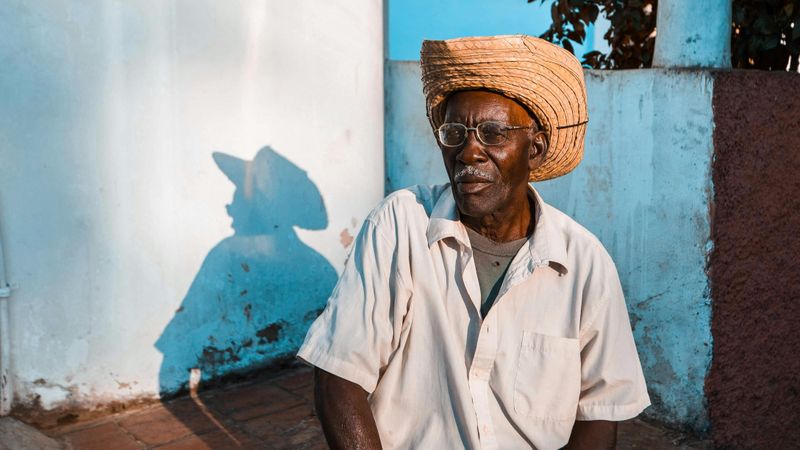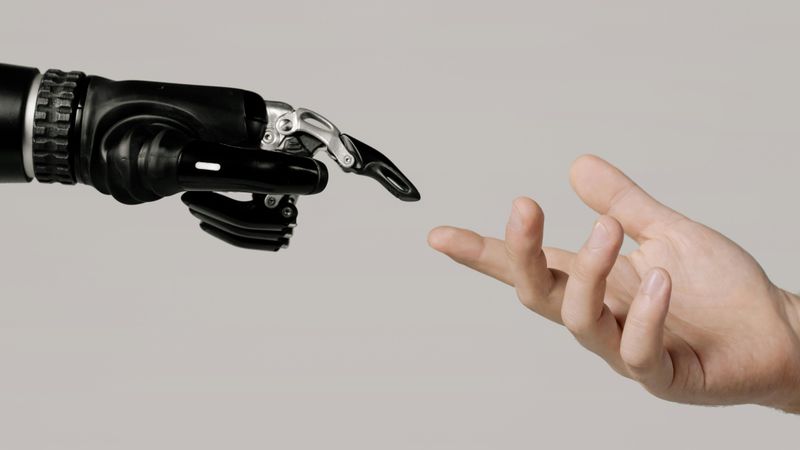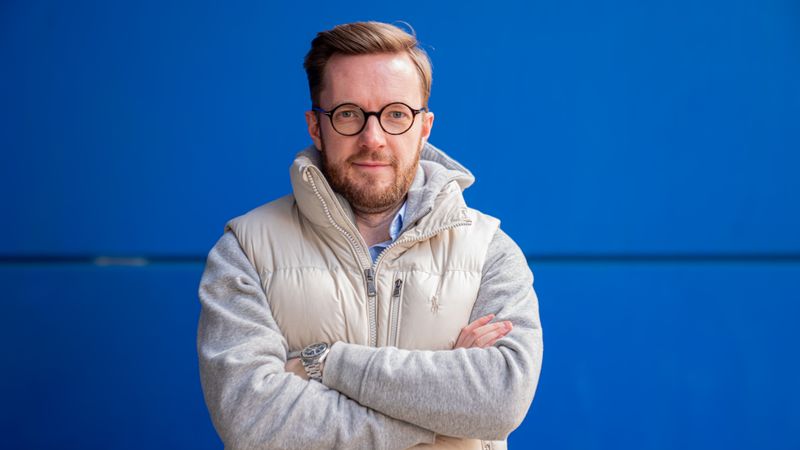
6 min read
Empower yourself with insights for preventive health, wellness and longevity. Explore our latest articles on fitness, personalized medicine, cutting-edge science and strategies to help you live a longer, healthier life.

6 min read

11 min read

5 min read

8 min read

3 min read

2 min read

2 min read

2 min read